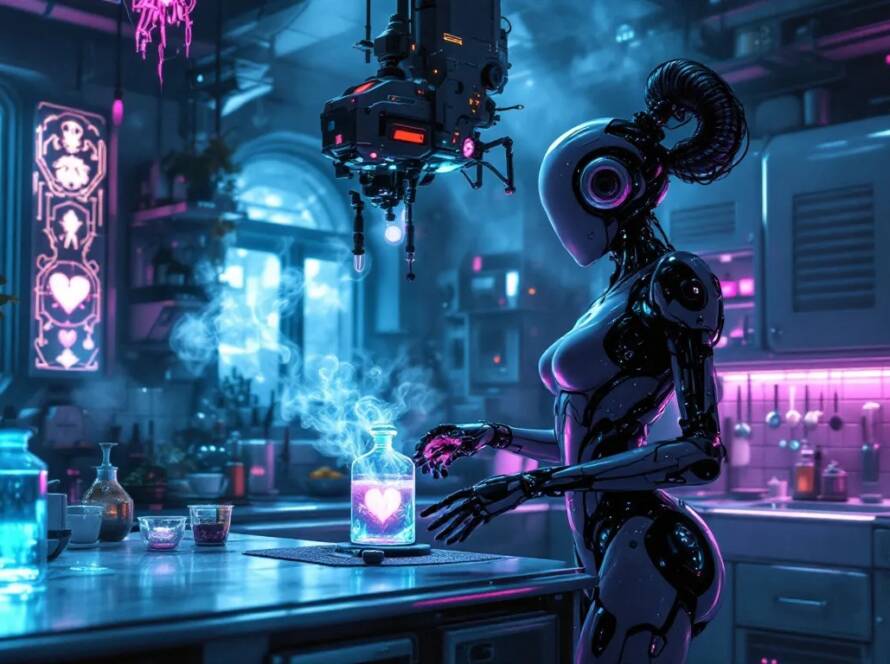Zombie
The history of zombies is a fascinating journey that intertwines folklore, literature, film, and cultural beliefs. Here’s an overview of how the concept of zombies has evolved:
Origins in Folklore
- Haitian Vodou: The modern concept of zombies is primarily rooted in Haitian Vodou (or Voodoo) traditions. In this context, a zombie is believed to have been revived from death by a sorcerer (often referred to as a “bokor”). This practice is tied to the belief in manipulating the soul and that another can control a person.
- African Traditions: The roots of the zombie myth can also be traced back to various African spiritual beliefs, including the belief that the dead could return to the living world under certain circumstances. Enslaved Africans brought these beliefs to the Caribbean.
Early Literary References
- 19th-Century Literature: The word “zombie” began appearing in 19th-century literature. One of the earliest uses was in William Buehler Seabrook’s 1929 book The Magic Island, which described Haitian Vodou practices and introduced the zombie concept to a broader audience.
- Influence of Gothic Literature: Gothic literature’s themes of resurrection and the undead contributed to the development of the zombie mythos. Works by authors like Mary Shelley and Edgar Allan Poe explored similar themes.
Rise of Zombie Films
- “White Zombie” (1932): This film, starring Bela Lugosi, is often credited as the first feature-length zombie movie. It depicted zombies as mindless slaves under a sorcerer’s control, reflecting the myth’s Vodou origins.
- “Night of the Living Dead” (1968): Directed by George A. Romero, this film revolutionized the zombie genre. It introduced the idea of zombies as flesh-eating monsters and established many conventions defining the genre, such as the notion of a zombie apocalypse. Romero’s zombies were portrayed as reanimated corpses with an insatiable hunger for human flesh.
Evolution in Popular Culture
- 1980s and 1990s: The zombie genre continued to evolve with films like “Dawn of the Dead” (1978) and “The Return of the Living Dead” (1985), which introduced more humor and social commentary into the mix. Zombies became symbols of consumerism and societal collapse.
- Video Games and Literature: The 2000s saw a surge in zombie-themed video games, such as “Resident Evil” and “Left 4 Dead,” as well as novels like “World War Z” by Max Brooks, which further popularized the zombie apocalypse narrative.
Modern Interpretations
- Diverse Representations: Today, zombies are depicted in various ways, from the traditional slow-moving undead to fast, aggressive creatures. They appear in multiple media, including films, television shows (like “The Walking Dead”), and literature.
- Cultural Commentary: Modern zombie narratives often serve as allegories for societal issues, such as consumerism, fear of the unknown, and the breakdown of social order. They reflect contemporary anxieties and fears, making them relevant to each generation.
Conclusion
The history of zombies is a complex interplay of cultural beliefs, folklore, and modern media. From their origins in Haitian Vodou to their status as icons of horror and social commentary, zombies continue to captivate audiences and evolve in response to changing societal fears and interests.


